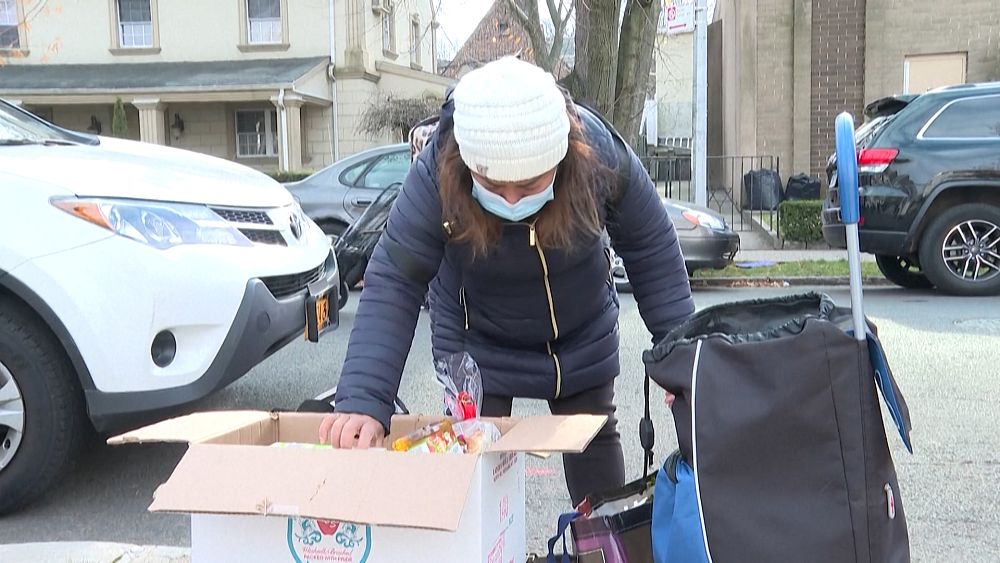When the coronavirus pandemic hit, 45 year old Marisol Gonzales, an immigrant from Salvador living in New York City, lost her job as a massage therapist.
She’s now working a couple of days a week as a home attendant, but it’s barely enough to pay the rent. Marisol had to leave her home and rent a room in a shared apartment. She lives there with her 20-year-old daughter. Small jobs allow her to pay for the room, bills and her subway card. To make ends meet, she goes to a food pantry once a month.
For the past month, she has faced an even heavier toll from the pandemic: her daughter was hospitalised for depression.
Corona, the neighbourhood in Queens where she lives, was the hardest hit by the virus when New York City became the epicenter of the pandemic this Spring.
The pandemic has been particularly hard on women who work in the service sector, which has been crippled by the economic crisis.
More than 12 million Americans who are unemployed or without income face losing their benefits the day after Christmas, when the aid package passed by Congress in the spring expires — barring a deal in high-stakes talks this weekend.








